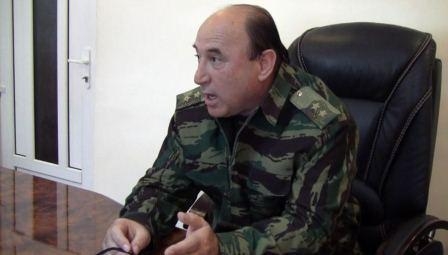Freedom from Torture
Civil Society Coalition against Torture and impunity in Tajikistan

According to the Radio Ozodi (the local office of “Radio Liberty”) Relatives of the prisoners, victims of torture demanded for the resignation of the Deputy Minister of Justice, Head of the Main Directorate for Punishment Implementation Izzatullo Sharipov.
The letter with their demands was sent to the President Emomali Rahmon with copies to U.S. Assistant Secretary of State Robert Blake and the British Ambassador to Tajikistan Robin Ord-Smith.
According to Asia Plus the letter was signed by more than 300 relatives of prisoners (some of these prisoners, as noted, died as a result of torture). According to one of the petitioners, a resident of Hissar district Mahmurod Odinaev, the letter contained evidence of torture and ill treatment in prisons.
The letter also states that the Prosecutor who is responsible for the oversight over the prison system in the country is delaying the investigation of cases involving the death of detainees and complains to the Supreme Court remain unanswered. Therefore the relatives demanded for the resignation of Prosecutor Tolib Asimov and the Chairman of the Supreme Court Nusratullo Abdulloev.
According to Asia Plus in 2012 in there were several cases of deaths and suicide attempts related to torture in Tajik prisons. In this regard the prosecutors, representatives of the Interior Ministry and the Ministry of Justice decided to visit the colony and to listen to the prisoners complaints. President Emomali Rahmon, in his turn, urged about inadmissibility of torture use by the security forces.
In March 2012, the criminal legislation of Tajikistan was amended with a separate article, which provides penalties for torture. The first sentence on this article, as reported, was passed in September: the police officer was sentenced to seven years in prison for torturing a minor.
Representatives of the NGO Coalition against Torture in Tajikistan had registered more than 96 cases of torture and ill-treatment for the period 2010-2012. It is noted that these are only those cases in which the victims agreed to talk. According to a report published in 2012 the security forces practice such forms of torture as beatings, electric shock, pouring with cold water in the winter time, choking with plastic bags, burning with cigarettes and other forms of violence.
The Prosecutor’s Office officially registered only 13 cases of torture of detainees and prisoners in 2012. Against some of the security officers forces criminal cases were opened.